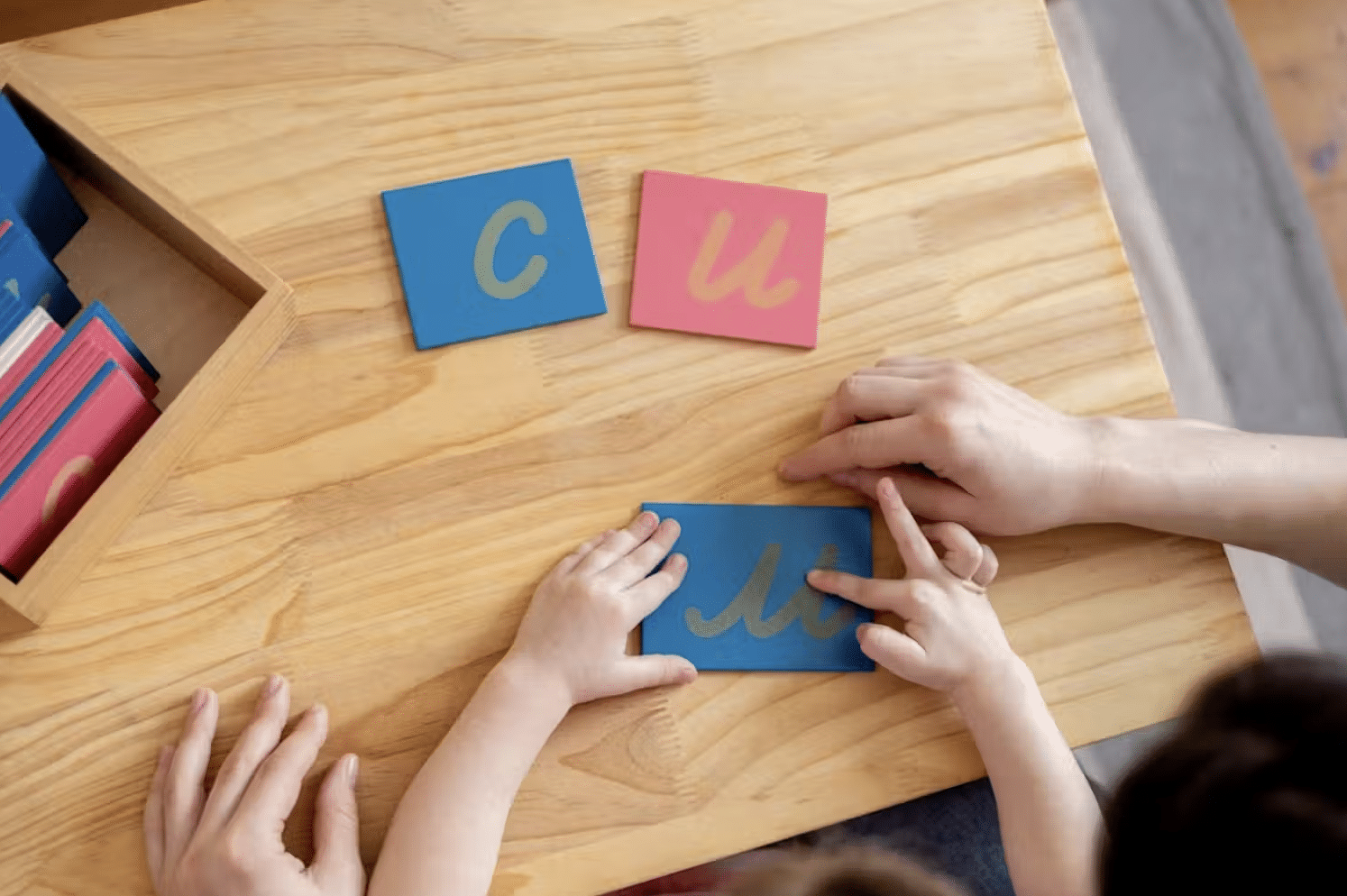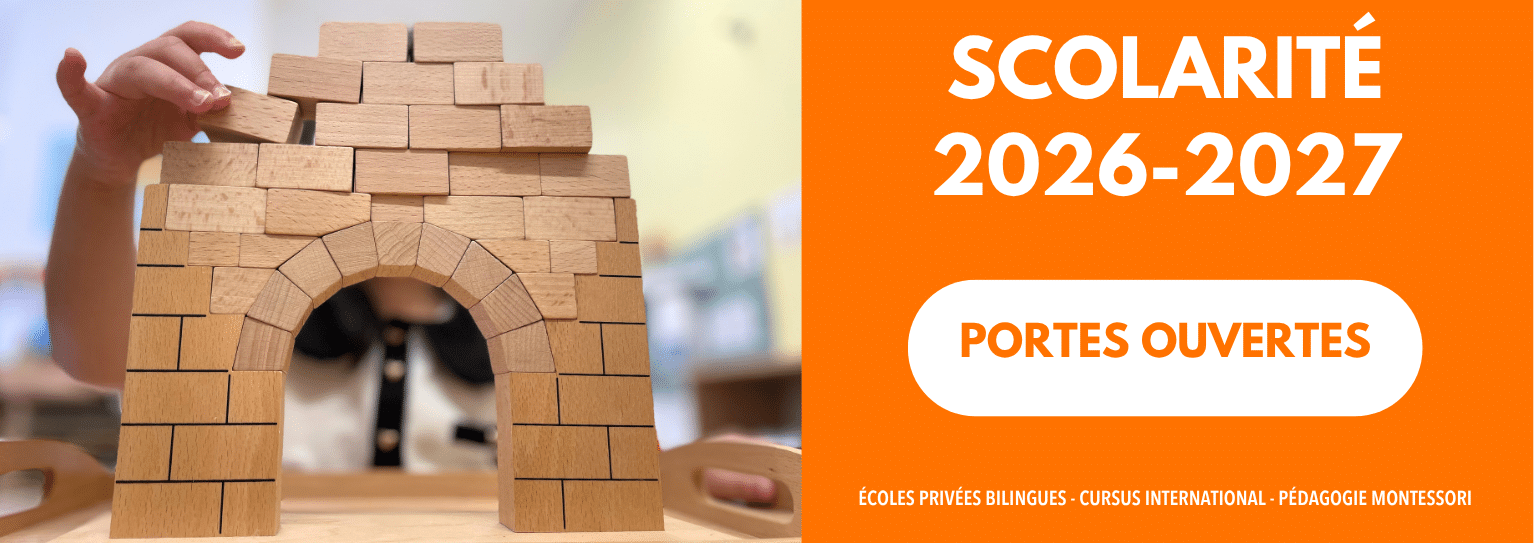Is Montessori teaching effective?
Born at the beginning of the 20th century, Montessori pedagogy has been gaining popularity in France over the past twenty years. The proliferation of books, games and private schools labelled "Montessori" bears witness to this phenomenon.
But what does the research tell us about the effectiveness of Montessori pedagogy compared to other forms of pedagogy?
Does this century-old pedagogy still have something to say about the schools of today and tomorrow?
Montessori pedagogy: freedom in a structured environment
Founded on a number of key principles, Montessori pedagogy aims to give children a certain freedom to learn, within a framework of suitable surroundings. This is divided into several discovery areas dedicated to practical life, sensory life, language and mathematics. It's also worth noting that children evolve in multi-age groups - from 3 to 6, for example, then from 6 to 9...
The materials available in the classroom enable children to act autonomously. The teacher's role is above all to observe the child in order to respond optimally to his/her needs, to support his/her initiatives and redirect him/her if necessary.
Moreover, the Montessori environment enables embodied cognition. According to this theory, sensory-motor interactions with the environment promote cognitive development and learning in children. In other words, we learn best by interacting with the environment in a physical way. Montessori materials involve several senses, in particular touch and sight.
Rough letters, for example, invite children to discover the layout of alphabetical letters by touch, and then to pronounce their sound. This encourages children to learn to read, by directly associating the sound of letters with their graphic representation. Another example is mathematical concepts: Montessori materials enable children to associate written numbers with physically tangible units. Through sight and manipulation, children can reinforce their understanding of the links between the spatial and mathematical representation of a number.
Finally, contrary to popular belief, Montessori does not mean freedom without limits. Rules of life govern the classroom, and the adults present set the framework. So, while one of the aims of this pedagogy is to adapt to each individual's pace, respect for others and their work is eminently necessary. In keeping with this principle, Montessori schoolchildren receive neither rewards nor punishments, which helps to foster cooperation and intrinsic motivation.
Thus, all the characteristics of Montessori pedagogy could offer children a particularly favorable environment for learning and psychological development. Studies carried out over the last thirty years seem to support this view, suggesting that various aspects of Montessori pedagogy could have beneficial effects on children's cognitive abilities, social skills, creativity, motor development and academic performance.
Source: The Conversation



